African music has exploded globally, Universal Music CEO tells audience at Northeastern’s Global Leadership Summit
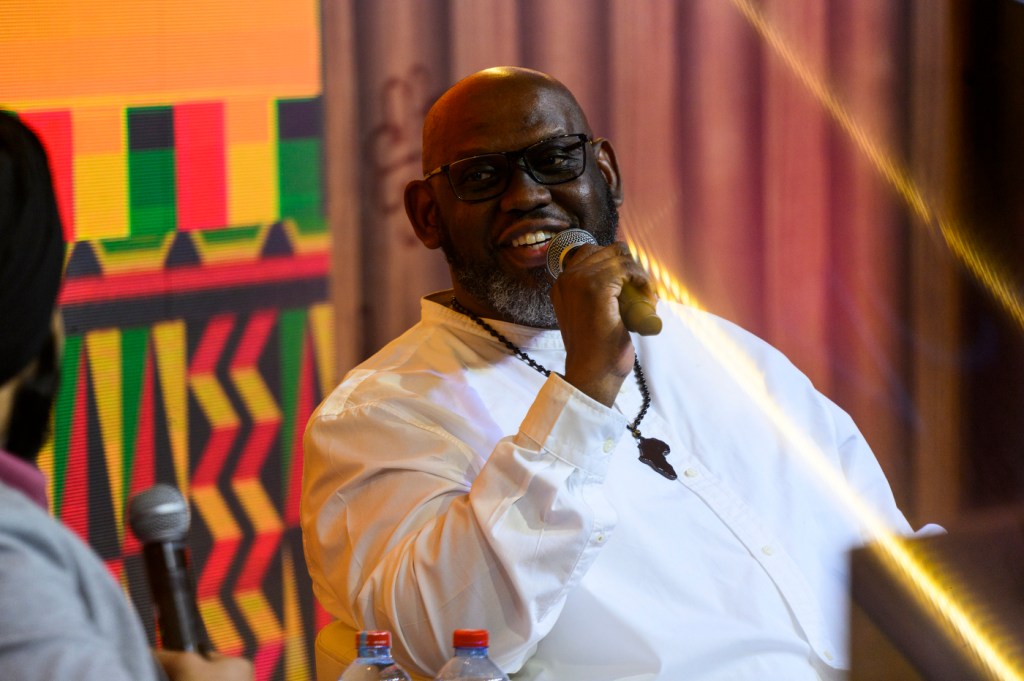
ACCRA, Ghana—Sipho Dlamini, chief executive officer of Universal Music in South Africa and Sub-Saharan Africa, has been passionate about music since childhood. At 15, he used to record songs off the radio onto cassettes and DJ at family parties.
While studying in the U.K., Dlamini started playing at clubs for the African community that missed music from home. In 2019, he became the first African-based executive included on Billboard’s International Music Power list.
“I used to walk past Universal offices, trying to get in to get CDs and vinyls,” he says, “and to be working for the same company 30 years later is amazing.”
Manit Ghogar, a 2017 Northeastern graduate and a Young Global Leader, sat down for a conversation with Dlamini during Northeastern’s Global Leadership Summit in Accra, Ghana. They discussed the impact of emerging technology and artificial intelligence on the music industry, and why African artists are reaching a global audience.
Dlamini’s comments were edited for clarity and brevity.
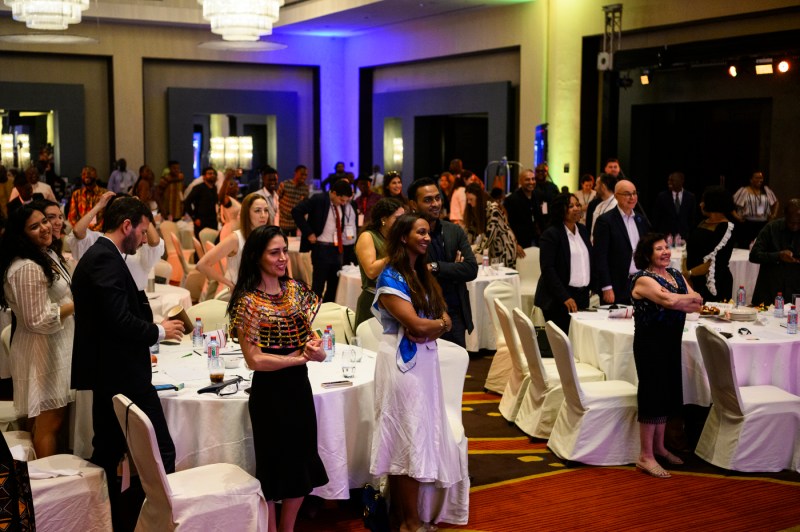
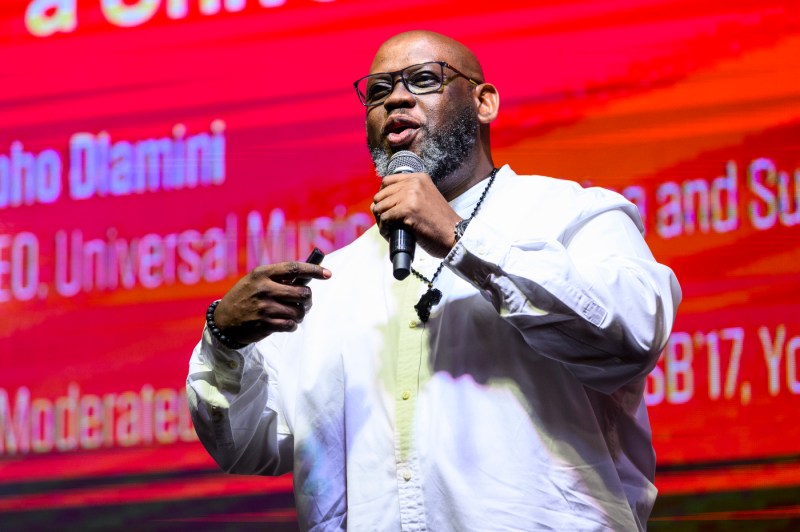
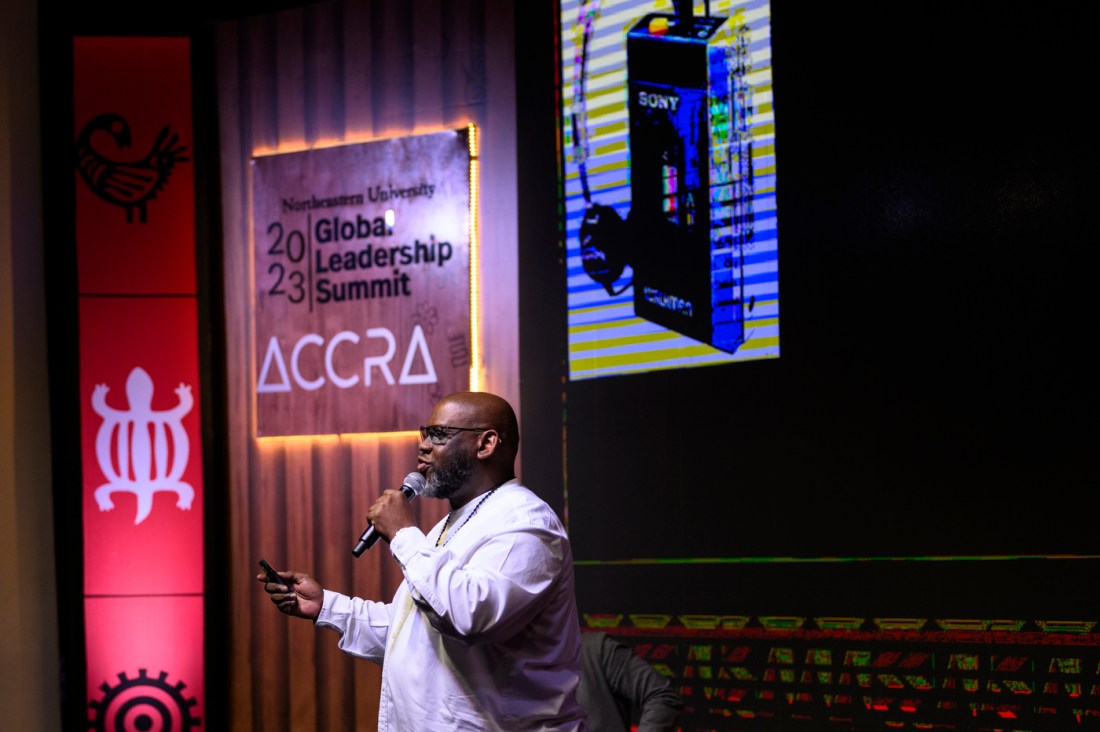
We’ve seen Korean pop take the world by storm. Do you see the same potential for African artists?
I think we’ve already seen it. There is not a club in the world that at some point in the evening will not play an Afrobeat set, whether it’s Wizkid, Burna Boy, Tiwa Savage or Rema. [African DJ, record producer and songwriter] Black Coffee not only plays during summer residency at Hï Ibiza, but some of the most exclusive parties in the world.
There are different genres that are coming out of Africa. In East Africa, there’s been Bongo Flava that’s been led by the likes of Diamond Platnumz [a Tanzanian artist] and Sauti Sol, [a Kenyan band]. Amopiano is another genre coming out of South Africa that also just exploded into different markets.
All these artists are traveling and performing globally. And it’s going to continue to grow and expand. In fact, most of the conversations now are artists from Europe and America wanting to collaborate with artists from Africa.
What are your thoughts about the implications of new technologies, decentralization and Web3 on the music industry?
We’re living in a very exciting time. The fact that an artist in Africa can have the same access to a market in the U.S., Australia or anywhere in the world by using technology has opened up opportunities for growth.
Earlier this year, Zakes Bantwini, Wouter Kellerman and Nomcebo Zikode won a Grammy Award for best global music performance [for their hit “Bayethe”].
There are no boundaries to where you can consume and where you can be heard.
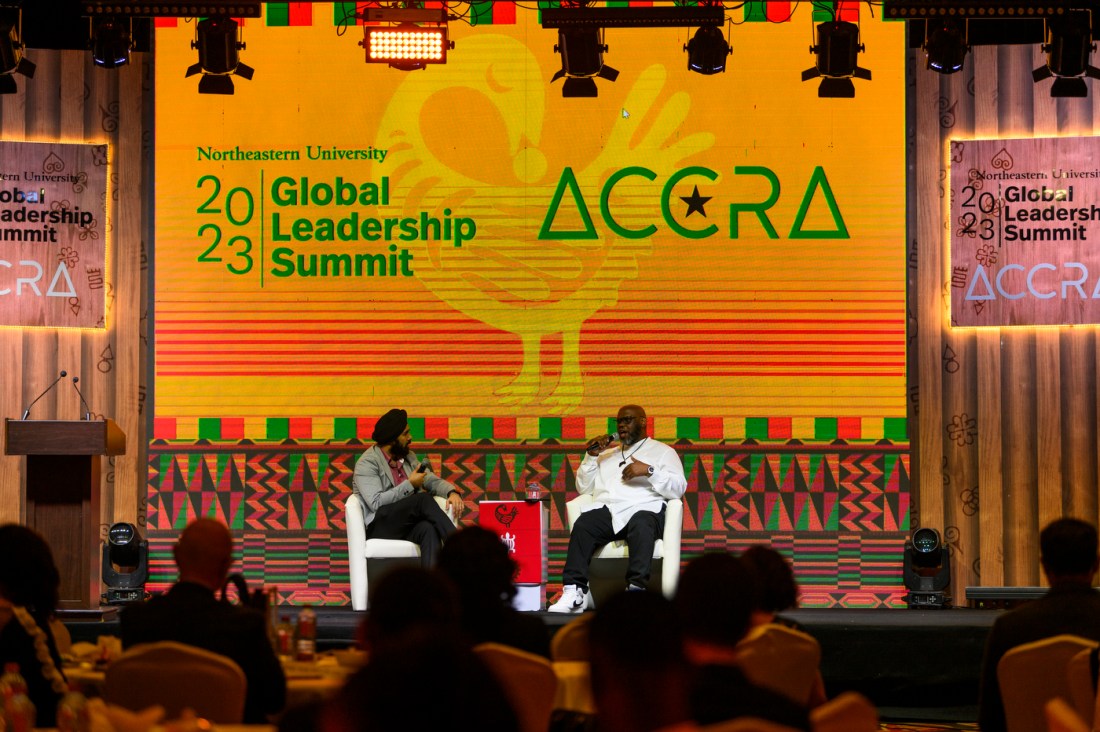
What are the effects of artificial intelligence and apps on the music industry?
With everything, there’s always a good side and a bad side. The good side is that AI models, or suggestive learning, are used by Spotify or Apple to deliver more music you may enjoy.
The bad side is that we are replacing the natural creativity of a human being with a machine that could learn human behavior. But these technologies are not going to stop being invented, so the question is, “how do we protect our artists?”
How do we participate, engage and embrace the technology, and find ways to put safeguards in place to protect musicians’ livelihood and creativity.
I’m proud to be part of a company that is looking at these technologies, embracing them, but also trying to define how we exist in that place.
When it comes to gaming and the metaverse, how do they affect music artists and the industry?
We don’t just look at our role as being a record label. That’s why we’re called the largest entertainment company in the world. We look at the ecosystem and see how we can add value for our artists, musicians and our partners holistically.
One of the things that we’ve been doing in Africa is making sure that we expose each revenue stream to our artists and allow them to participate. It is no longer just recording a song and releasing it on iTunes, Spotify and so forth.
It’s what we can do with your brand to build it up and help support a sustainable career.
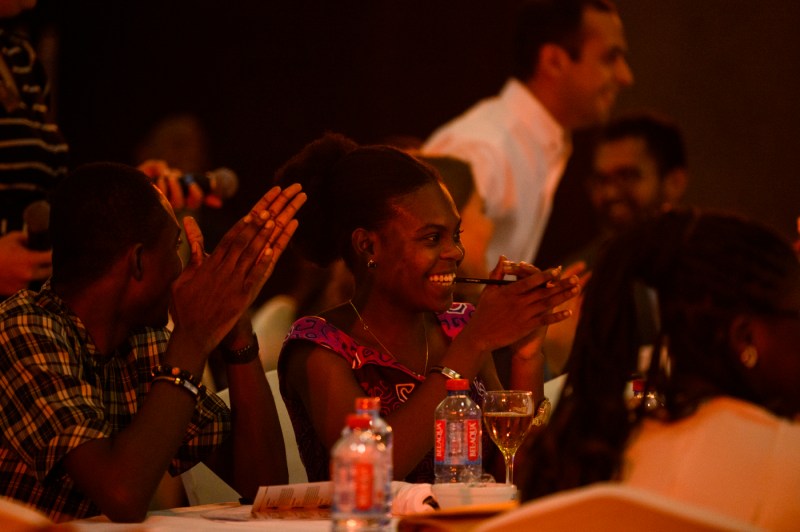
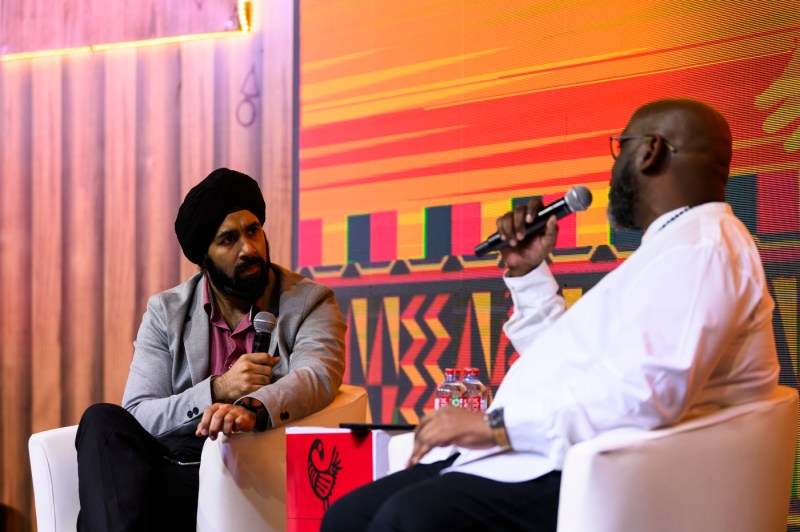
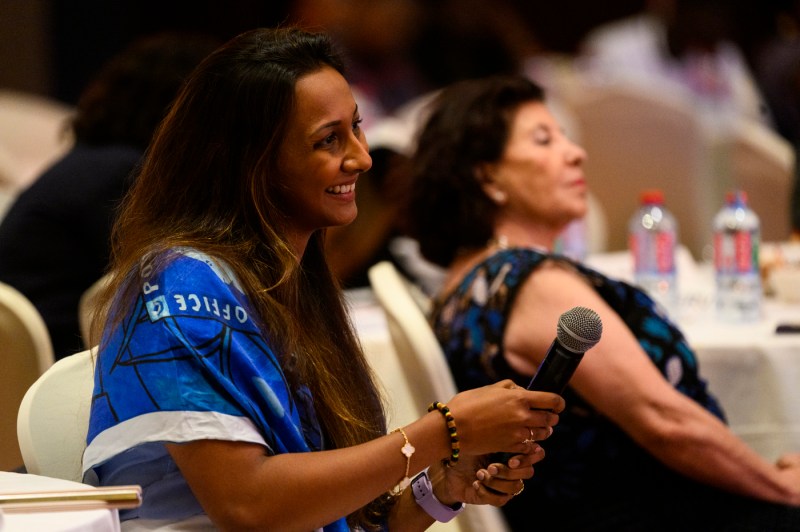
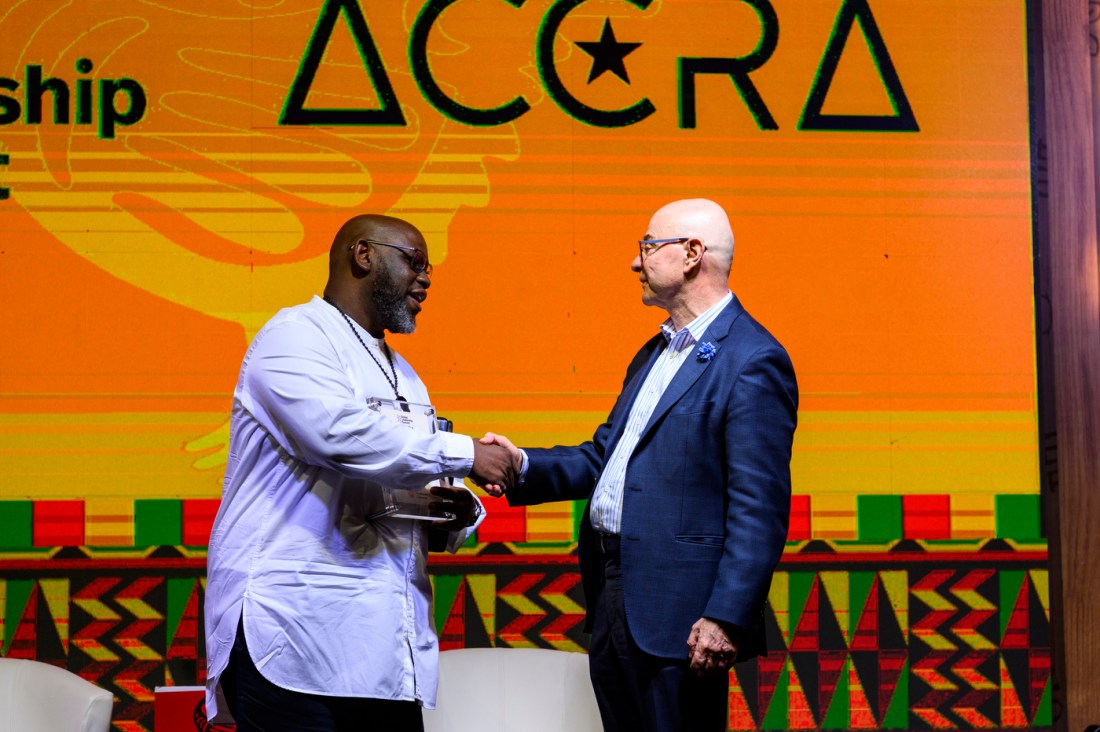
What does it take to be a leader in today’s world and in the music business?
Leadership is scary, exciting, fun and tiring. It’s a combination of complicated emotions, feelings and demands on human beings. I learned very quickly that I don’t know everything and I’m not always right.
What’s important is empowering people around you to be free to share their opinions and their ideas, and to support that dialogue. Even if they are wrong in the end, go through a sincere and genuine process of listening, engaging and supporting their ideas. Because from that support they will give you more ideas, they will be more involved, and they’ll be more passionate about where they work.
Also, you never know who your boss is going to be tomorrow. The person sitting across the table from you could be your boss or even the owner of a company someday. So always treat people the same way you would want to be treated.
What do you think is next?
I love sci-fi. Every time somebody’s got a chip implanted, and they can speak without a headset, or they communicate with somebody else, I’m like, “maybe that’s it?”
We’ve been stuck for a while without the next jump into how music is consumed. After the invention of mp3, we’ve had different versions of mp3 players, whether it’s a phone or an iPod, but we haven’t moved to the next [breakthrough].
Alena Kuzub is a Northeastern Global News reporter. Email her at a.kuzub@northeastern.edu. Follow her on Twitter @AlenaKuzub.






